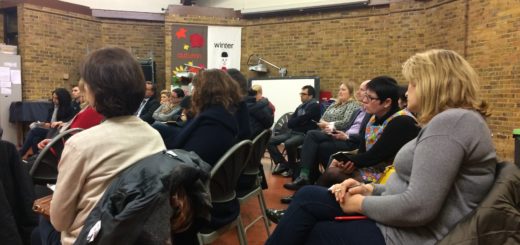7+ Preparation – A summarised list of hints and tips
Over the last few months, a number of parents have sent in queries relating to the 7+ exams, mainly about preparation. We will shortly be organising a talk but we thought it might help if we put together a few hints and tips about preparing for and sitting the exam.
The exams are usually held from November through to January depending on the schools applied to and most children sitting the exams will either be 6 or 7 depending on which half of the academic year they have been born in.
The next thing to bear in mind, is that this is probably the first proper examination that most of the children will face. It lasts around 3 hours or so and is an assessment not only of their ability but also of their stamina. Some schools don’t give anything more than a toilet break between two of the three papers for just this reason and some schools have also introduced listening tests to test focus and comprehension of verbal instructions.
Most schools have both an examination and an interview or assessment. The interviews and assessments are structured in a way that children are retested on their mental mathematical ability, listening and comprehension and include various games and experiments designed to showcase the children’s thinking process, their personalities and critical/problem solving skills.
Preparation
One thing that parents must be careful of is over tutoring and over prepping a child for an exam. This can often lead to anxiety and fear of failure at a very young age, along with unnecessary stress and pressure over something that may not be the right choice for your child. Every child has a different learning path and parents must try and remember this when choosing which schools to apply to and how to start the preparation. Even if your child gets in, whether or not that child can then continue without the same level of support should be considered carefully, along with whether or not your child can actually cope with the stress of being in a school that may end up being the wrong choice.
Having said that, parents must bear in mind that if you are preparing seriously, you have to invest your own time and effort as much as possible as well. Regardless of whether you feel you need a tutor or not, it is a considerable commitment and parents should not feel that they can merely hand it over to someone else and leave it at that. At the very least, the run up to the exam is a difficult time for any child and without constant support and encouragement from their parents, children can find it daunting and overwhelming.
Of everything that children need to work at, timing and exam practice, is most important. Timing for such young children is often difficult and therefore putting in as much practise as possible before the real thing would go a long way. Practice papers, mock exams and feedback on how to manage their time are crucial towards helping them understand how much time they have left and helping them to finish each paper on time.
Working in different parts of the home as well as outside the home, in the park or in a café also can help as long as there isn’t a lot of distraction around. For children who find it difficult to focus, try to time the outing and keep it to non peak hours as this will help minimise the distraction.
Working for short periods of time (20-30 minutes) with breaks in between, tends to help children focus better and retain information better.
Furthermore, children who learn visually will benefit a great deal from creating a mind map or any other sort of visual aid, whether it is a table or graph or even just using coloured pens to make lists of things they may find difficult to remember.
Finally, instilling a work ethic in a child, even for 30 minutes a day from a young age, is never a bad thing. Explaining the correlation between effort, hard work, practice and achieving goals and getting results will teach children how to strive for long term goals and will help them maintain a disciplined approach to most things in life as they get older.
The papers in a nutshell:
Maths
Mental arithmetic and times tables play a big part as do the fundamentals of mathematics like addition, subtraction, multiplication and division. Word problems are mostly in two or three parts and time, measurement, simple conversions of units etc will also be covered. Usually the maths papers will have some component of a logical reasoning test incorporated in the exam as well which will help schools differentiate between children who are natural thinkers and those who have been overly prepped for an exam.
English
The English paper usually has two components, an essay and a comprehension. Children will be tested not only on grammar, punctuation, sentence construction, vocabulary and spelling but also on how they present their ideas, whether their train of thought is logical and relates to the question or topic and how descriptive their creative writing is.
Children have to show a good understanding of the comprehension passage and be able to answer questions relating to it. Questions where answers have to be inferred will carry more marks.
Reasoning
This depends on the school and can be separate verbal and non-verbal sections or a mix of the two. Patterns, sequencing, anagrams all tend to be part of this component of the exam.
Most importantly, if you decide to take this path, start early enough so that your child and you are not racing to the finish line in some mad marathon rush. This will usually turn out to be a recipe for disaster and is guaranteed to cause unfathomable amounts of stress for the whole household. It is always better to pace it out, visit the schools you are interested in and go with your gut as to what is the best fit for your child. You may be surprised how much a teacher’s attitude at one school or the grounds at another, a head’s speech at one or just the structure of an open day at another can influence not just your preferences but also that of your child.









